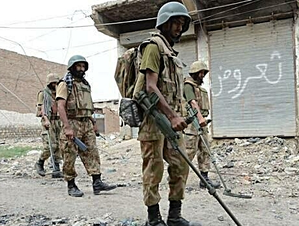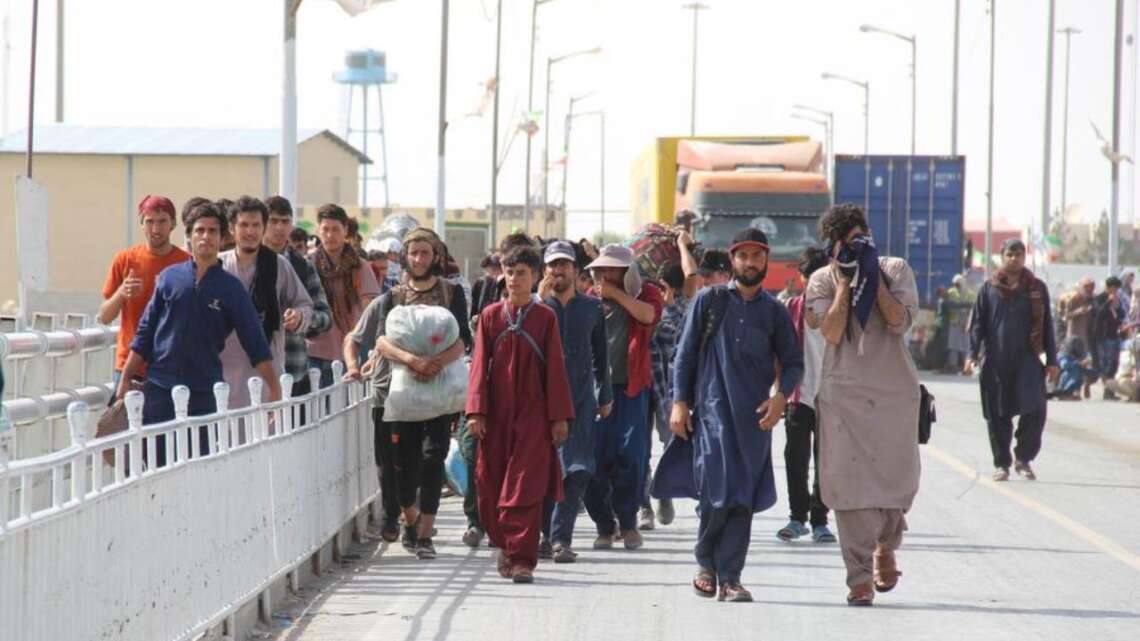A recent report by the Pak Institute for Peace Studies (PIPS) highlighted the deteriorating security situation in Pakistan, noting that 2024 saw terror attack levels comparable to those of 2014.
In a significant counterterrorism operation, Pakistan’s security forces eliminated 30 terrorists during an intelligence-based operation (IBO) in the Sararogha area of South Waziristan, according to a statement issued by the Inter-Services Public Relations (ISPR) on Tuesday.
The ISPR revealed that the operation, conducted on Monday, targeted a reported terrorist presence in the region. Security forces “effectively engaged” the militants at their location, resulting in the deaths of 30 individuals, whom the ISPR described as being “sent to hell.”
Following the successful operation, sanitisation efforts are underway to clear the area of any remaining terrorist elements. “Security forces of Pakistan are determined to wipe out the menace of terrorism, and such sacrifices of our brave men further strengthen our resolve,” the ISPR statement declared.
The operation drew praise from Pakistan’s leadership. President Asif Ali Zardari commended the security forces for their efforts and reiterated the government’s determination to eradicate the proscribed Tehreek-i-Taliban Pakistan (TTP) group. He assured that operations against the TTP would persist until their complete elimination.
Prime Minister Shehbaz Sharif also lauded the security forces, affirming the government’s unwavering commitment to ridding the nation of terrorism. “The government and security forces are fully committed to completely wiping out terrorism from the country,” he stated.
A recent report by the Pak Institute for Peace Studies (PIPS) highlighted the deteriorating security situation in Pakistan, noting that 2024 saw terror attack levels comparable to those of 2014. Although terrorists no longer control significant territories as they did in 2014, the insecurity in Khyber Pakhtunkhwa (KP) and Balochistan remains alarming.
The PIPS report revealed that over 95 per cent of the terrorist attacks recorded in 2024 were concentrated in KP and Balochistan, underlining the persistent challenges faced by Pakistan in its fight against militancy.
‘Pak wants to extradite all Afghan refugees’
The Afghanistan embassy in Pakistan warned that the government wants to remove all Afghan refugees from the capital, Islamabad, and the adjoining city of Rawalpindi, Al Jazeera reported on Wednesday.
The embassy issued a strongly worded statement, saying Afghan nationals in both cities have been subjected to arrests, searches and orders from the police to leave and relocate to other parts of Pakistan, as reported by Al Jazeera.
The warning came as the relationship between the two countries is deteriorating, with Islamabad accusing Kabul of failing to curb cross-border attacks.
“This process of detaining Afghans, which began without any formal announcement, has not been officially communicated to the Embassy of Afghanistan in Islamabad through any formal correspondence,” Al Jazeera quoted the embassy as saying.
“Ultimately, officials from Pakistan’s Ministry of Foreign Affairs confirmed that there is a definitive and final plan to deport/remove all Afghan refugees not only from Islamabad and Rawalpindi but also from the entire country in the near future,” it added.
The International Organization for Migration (IOM) reported that over 18,000 Afghan nationals returned to Afghanistan from the cities of Islamabad and Rawalpindi between the beginning and end of January this year, as per Khaama Press.
On Wednesday, the IOM published a report stating that 9,846 individuals returned to Afghanistan during the second half of January alone. The returnees filed relevant forms related to their repatriation to Afghanistan between January 16 and 31, with 291 heads of families completing the forms, as per Khaama Press.
According to the report, from September 2023 to date, a total of 824,568 individuals have returned to Afghanistan, with 18,577 people making the journey back in January, representing 2 per cent of the total number of returnees.
The report also highlighted that these refugees returned through border crossings, including Torkham, Chaman, Ghulam Khan, Badini, and Berramcha. The data shows that 46 per cent of returnees were between the ages of 18 and 59, while 30 per cent were between the ages of 5 and 17.
The IOM specified that 78 per cent of Afghan migrants left Pakistan due to fear of arrest by the Pakistani police. Additionally, 34 per cent of these migrants cited the inability to pay rent as a reason for their return to Afghanistan.
ALSO READ: India eyes Argentina’s lithium for EV push









